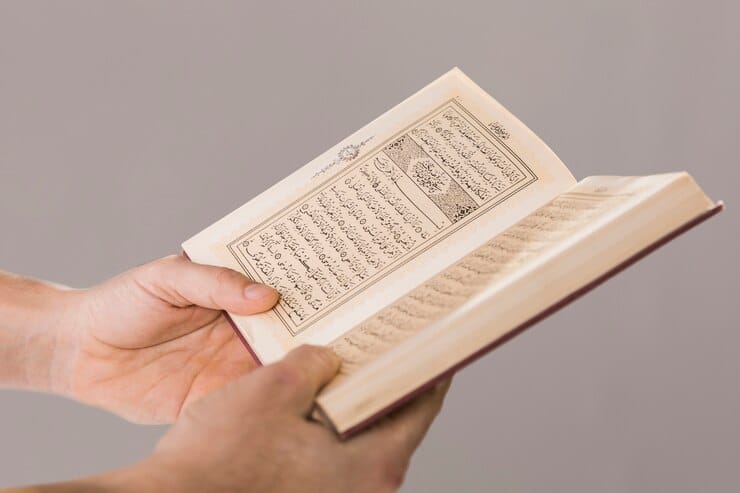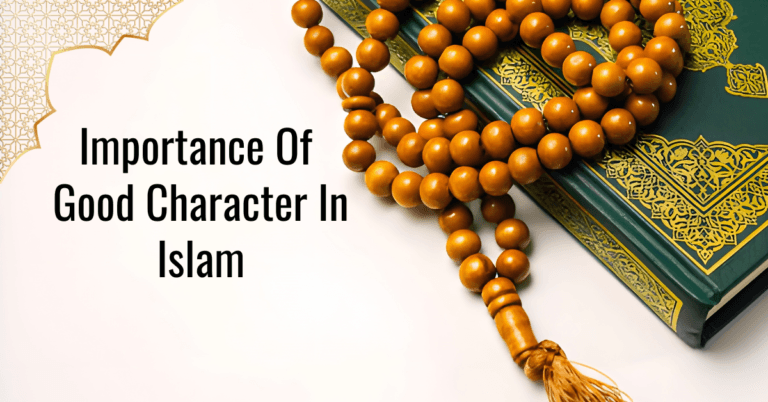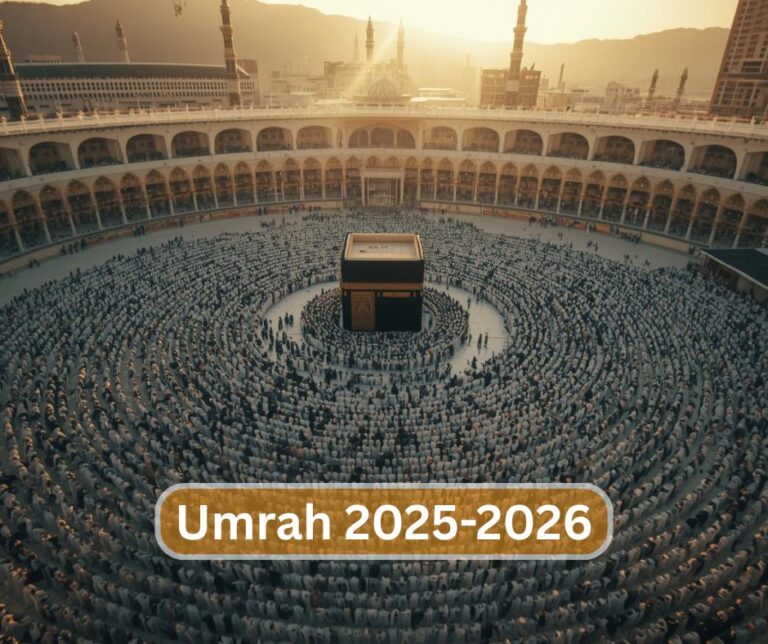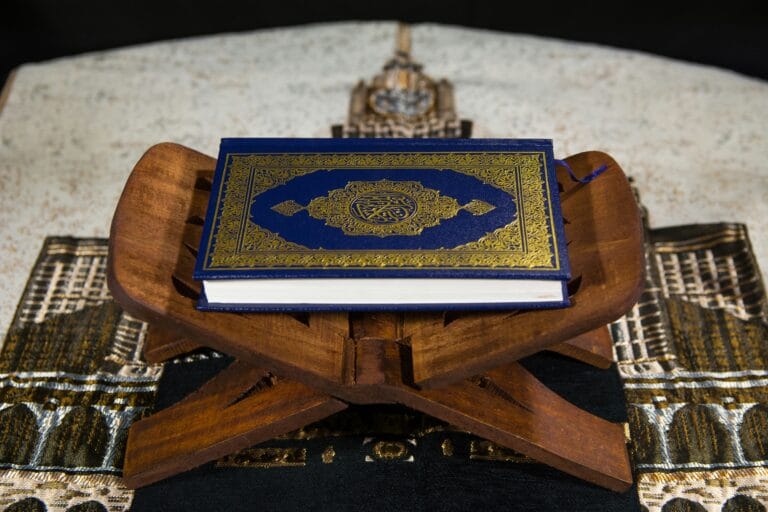What is Dua (supplication) in Islam? Prayer (Dua) is not just about asking for things; it’s a way of building a personal relationship with Allah. The act of making Dua allows us to reflect on our needs and desires, but more importantly, it connects us to the Creator. In this post, we will explore the significance of Du’a in a Muslim’s life, how to make it more meaningful, and the different types of Du’a that one can recite.
Importance of Dua
- The Importance of Du’a: Du’a is a form of supplication where a Muslim asks Allah for guidance, mercy, and help. It’s a sign of trust and submission.
- How to Make Du’a: The post will break down the steps to making effective Du’a, focusing on sincerity, humility, and timing.
- Du’a for Different Situations: Whether you’re going through a hardship, seeking forgiveness, or asking for blessings, specific Du’a can help in various circumstances.
- The Power of Du’a in Changing Destinies: The post will explain how Du’a has the power to alter situations and bring peace to the heart.
Etiquettes and Manners of Dua
To make your supplication more meaningful and increase the likelihood of its acceptance, there are certain etiquettes (Aadab) recommended by the Sunnah of the Prophet Muhammad (peace be upon him). Incorporating these into your practice can transform a simple request into a powerful act of worship.
- Begin with praise: Start your Du’a by praising Allah (SWT) and glorifying Him. You can say “Alhamdulillah” (All praise is due to Allah) or “SubhanAllah” (Glory be to Allah).
- Send salutations upon the Prophet: Follow the praise of Allah by sending Salawat (blessings) upon the Prophet (peace be upon him), for it is a key to having your supplication answered.
- Face the Qibla: Wherever possible, face the direction of the Ka’bah in Mecca.
- Raise your hands: It is a Sunnah to raise your hands during Du’a. The Prophet (peace be upon him) said that Allah is too generous to turn away the hands of His servant empty.
- Be certain of acceptance: Make Du’a with a firm conviction that Allah will respond. The Prophet (peace be upon him) said, “Make Du’a to Allah in a state that you are certain of His response.
- End with praise and salutations: Conclude your Du’a with praise to Allah and salutations upon the Prophet (peace be upon him).
Best Times and Places for Dua
Certain times and places are considered especially blessed, making them opportune moments for your Du’a to be answered.
- The last third of the night: The time just before Fajr prayer is considered one of the most powerful times to make Du’a, as Allah’s mercy is said to descend upon the earth.
- Between the Adhan and the Iqamah: The time between the call to prayer (Adhan) and the beginning of the prayer (Iqamah) is a moment of great blessing.
- After obligatory prayers: Making Du’a immediately after finishing your five daily prayers is highly recommended.
- While fasting: The Du’a of a fasting person is not rejected, especially at the time of breaking the fast.
- On the Day of Arafah: For those performing Hajj, this day is of immense significance, but all Muslims can make Du’a during this blessed time.
- During rain: The time of a rainstorm is also a moment when Du’as are said to be accepted.
The Conditions for an Answered Dua
While Allah hears every Du’a, there are certain conditions that are essential for a Du’a to be accepted. These conditions help us align our intentions and actions with what pleases Allah.
- Sincerity: Your Du’a must be made with pure intention, solely for the sake of Allah.
- Halal Sustenance: Ensure that your food, drink, and clothing are from a lawful (halal) source, as illegal earnings can be a barrier to Du’a being answered.
- No Disobedience: Abstain from sins and disobedience, as they can weaken the connection with Allah.
- No Haste: Be patient and have faith. Do not feel that your Du’a is being ignored.
Frequently Asked Questions (FAQs)
Q1: What is the difference between Salah and Dua?
Salah (ritual prayer) is a mandatory form of worship that has specific actions, timings, and recitations. Du’a (supplication) is a personal, informal plea to Allah that can be made at any time and in any language.
Q2: Is it compulsory to raise my hands during Dua?
No, it is not compulsory, but it is a highly recommended practice and a beautiful Sunnah of the Prophet Muhammad (peace be upon him).
Q3: Can I make Du’a in any language?
Yes, absolutely. Allah knows and understands all languages. You can make Du’a in your native language, as sincerity and humility are more important than the language used.
Q4: Does Allah always answer my Du’a?
Yes, Allah always answers Du’a in one of three ways: He may give you what you asked for, He may save you from a hardship that was coming your way, or He may save the reward for you in the Hereafter.
Q5: Is there a specific Du’a I can say before making any other Du’a?
Yes, you can begin with praising Allah and sending blessings upon the Prophet (peace be upon him). A popular Du’a to start with is “Rabbana atina fid-dunya hasanatan…” (Our Lord, give us in this world [that which is] good…).






